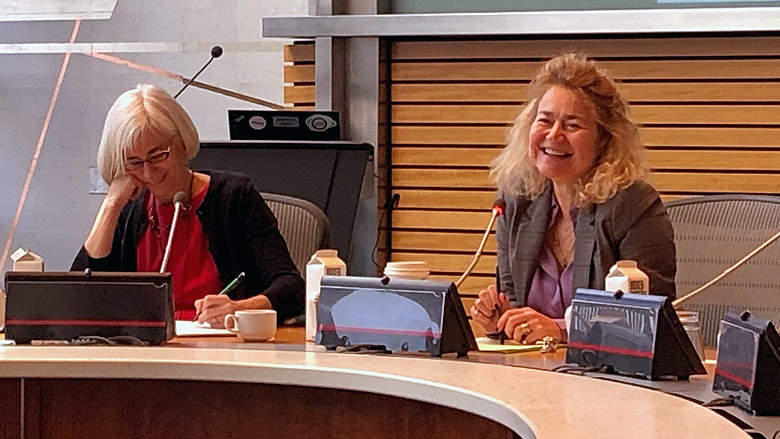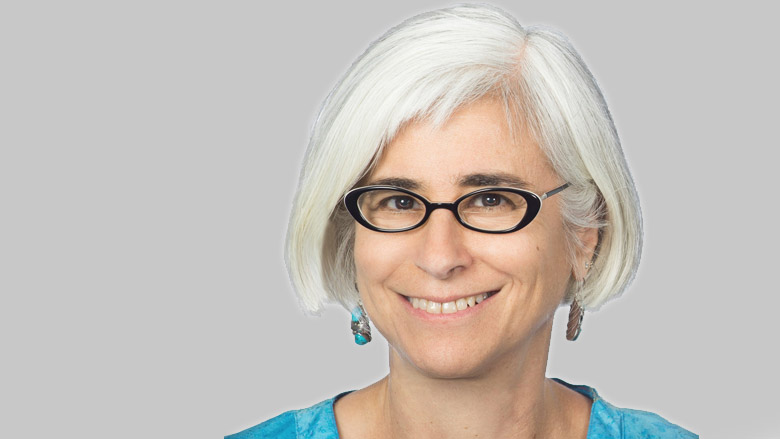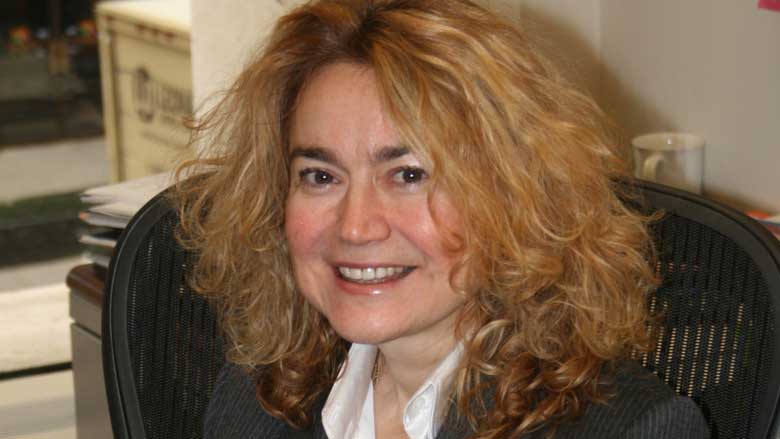SLIDES: Gender Inequality in Europe and Central Asia - Challenges and Opportunities, by Caren Grown
Gender Inequality in Europe and Central Asia - Challenges and Opportunities
March 5, 2020
Washington, DC
MULTIMEDIA

-
The Europe and Central Asia region has a complex landscape with regard to gender equality. The World Bank's Regional Gender Action Strategy highlights a number of challenges: although the region shines in terms of low infant and maternal mortality rates, it has yet to address high male mortality and low female births in selected countries. Men are far less likely to attend universities, while women are much less likely to pursue science and engineering.
Though women have higher human capital than men, on average, they lag behind in the labor market with lower activity rates and incomes, and in entrepreneurship with smaller businesses. In the labor market, relatively few women work, and those who do work are paid less, work fewer hours, and pursue different occupations than men. The lack of child care and elder care institutions makes it difficult for women to balance career and family, especially since women continue to do the majority of housework.
For financial inclusion, the gender gap in account ownership persists, with the largest gap being in Turkey, where 83 percent of men but just 54 percent of women have accounts. And, gender-based violence is a persistent problem in all countries.
In light of these challenges, how can the region make progress? How can the narrative on the relationship between gender gaps and the region’s development be elevated? What are some of the trade-offs that should be considered in policy and regulatory reforms? And finally, how can interventions address both male and female disadvantage and begin to shift entrenched gender norms?
-
DETAILS
- DATE: March 5, 2020
- TIME: 10:00AM – 11:30AM
- LOCATION: MC 13-121, World Bank MC building
- CONTACT: Suzette Dahlia Samms-Lindsay
- ssammslindsay@worldbank.org

